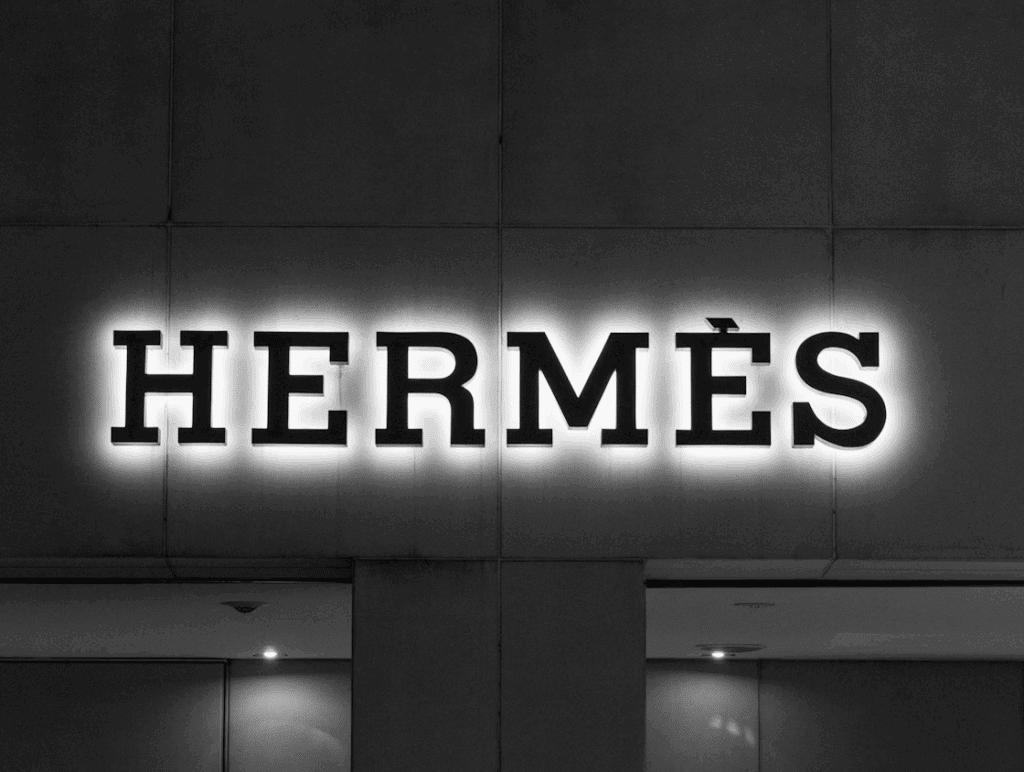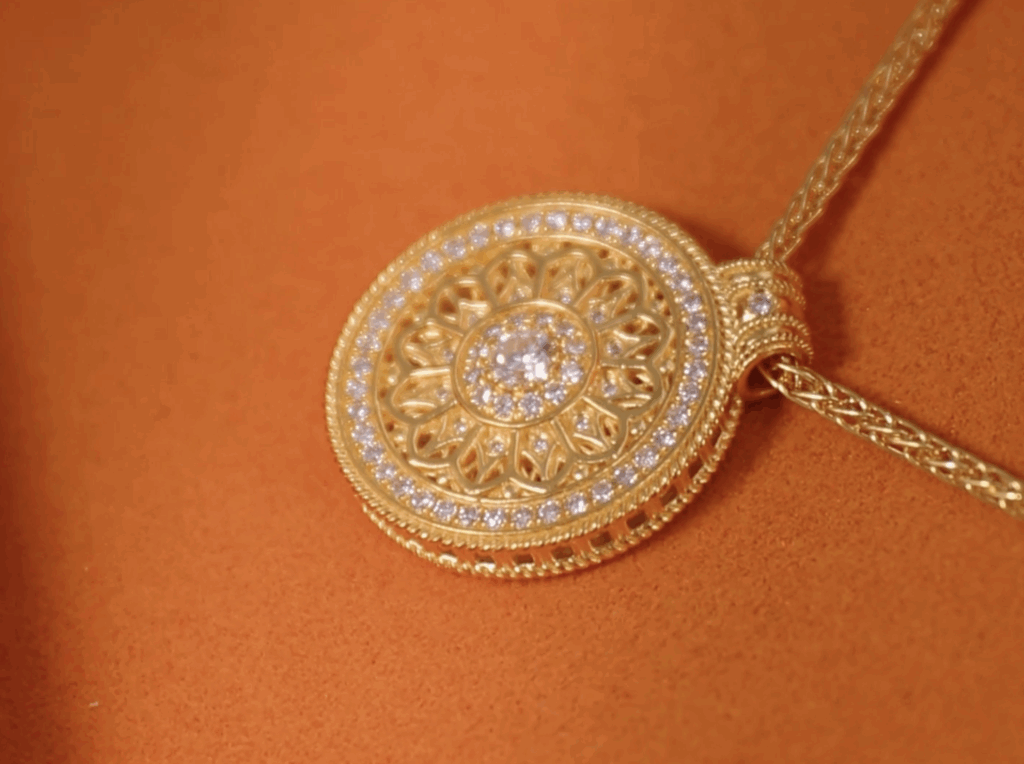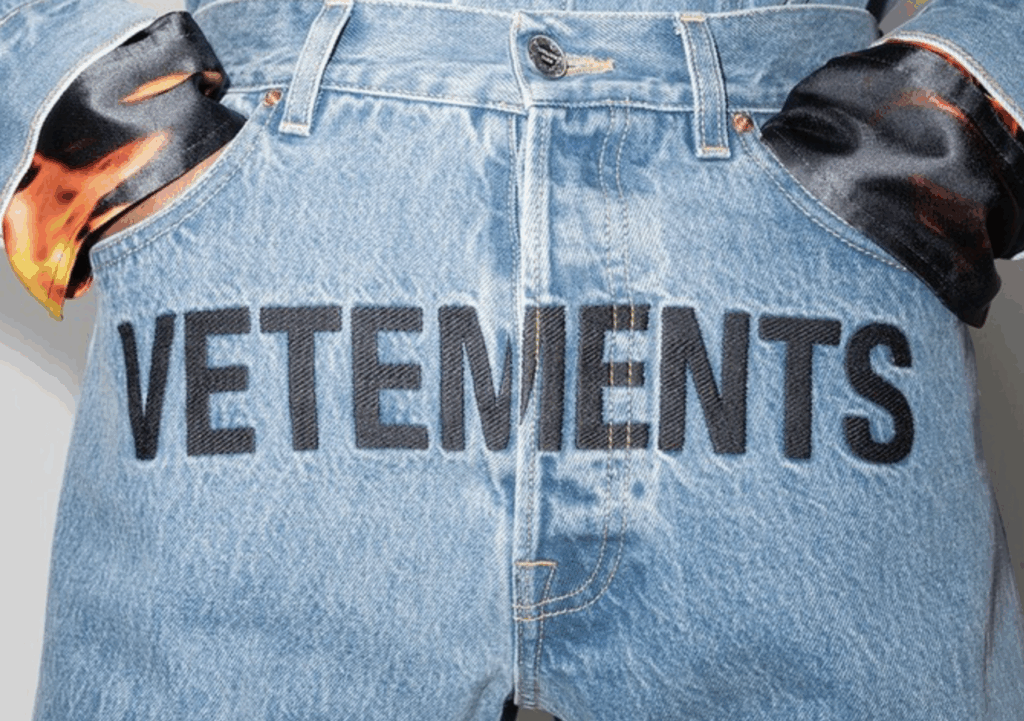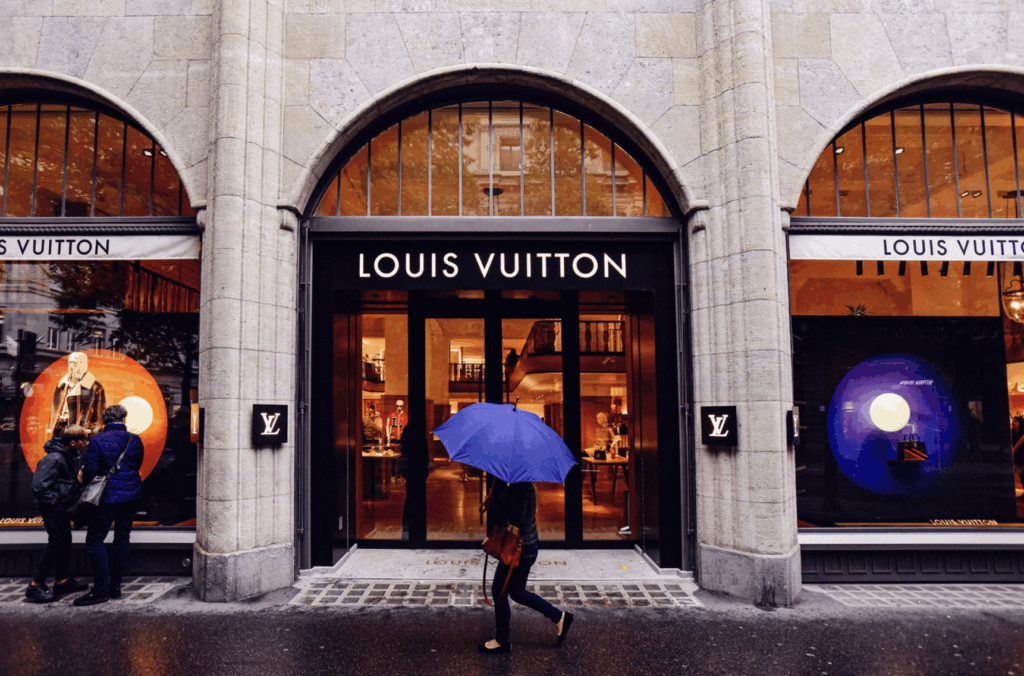A high-stakes legal saga involving old money, Gulf ambition, and a disappearing €14 billion fortune is quietly unfolding in federal court in Washington, D.C. At the center of the case is a bitter dispute between Honor America Capital LLC, a newly formed investment vehicle backed by Qatar’s royal family, and Nicolas Puech, a reclusive Hermès heir and a great-great-grandson of Thierry Hermès, the harness-maker who founded Hermès in 1837. At stake? Over 6 million Hermès shares, representing about 5.8 percent of the capital of one of the world’s most exclusive luxury brands.
The complaint that was publicly filed in a federal district court in Washington, D.C. in March and subsequently sealed details the binding stock purchase agreement that Honor America Capital (“HAC”) and Puech entered into in February in furtherance of which Puech agreed to sell 6,082,615 Hermès shares. The funding for the deal was fully secured by Sheikh Tamim bin Hamad Al Thani, the Emir of Qatar, per HAC, which alleges that both parties agreed that “time was of the essence” and the transaction would close promptly.
While the deal was first set for March 3, Puech, 82, delayed – not once, but three times. Then the inevitable came on March 19: Puech’s attorney delivered a letter to HAC, alerting it that the deal was off. As it turns out, despite months of back-and-forth between the two sides to reach a deal and HAC’s efforts to secure funding and prearrange subsequent sales for 85 percent of the shares, Puech did not have the shares he had agreed to sell. And “despite best and repeated efforts,” he could not gain access to them. As a result, any further attempts to complete the transaction would be “futile,” his counsel stated.
The breakdown of the deal has prompted HAC to file suit for breach of contract and seek specific performance – i.e., a court order requiring Puech to make good on the deal and deliver the agreed shares – or more than $1.3 billion in damages for lost profits, opportunity costs, and reputational harm.
Puech’s counsel, Grégoire Mangeat, contests the entire premise of HAC’s case. “Mr. Puech played no role in the proposed sale and was unaware of the deal until reading about it in the press,” he said. “We are in the process of enquiring with individuals and institutions involved in the case to determine where these shares are and how to recover them.”
The Heir & the Vanishing Fortune
The U.S. case sheds light on a bid by the Qataris to add to its growing luxury holdings, which include Harrods, Printemps, Valentino, and Balmain, by securing the largest individual shareholding – about 5.8 percent of Hermès’s total share capital – in the carefully-guarded Hermès. It also resurrects an enduring mystery: What happened to Nicolas Puech’s Hermès shares?
The origins trace back to 2001, when shares presumed to be his were moved or sold. A decade later, Puech opted not to join the family’s holding company, H51, which was designed to thwart an attempt by LVMH to acquire Hermès. Still in place, H51 was formed when upwards of 50 family members agreed to pool all of their shares, a total of almost 51 percent of the company (hence, the H51 name), and vowed to keep them in the company for at least 20 years.
That seemingly set the stage for Puech’s shares to disappear from underneath him – and for the legal fallout that would follow.
For years, Puech has claimed he was unknowingly stripped of his stake in the company his family founded. In three cases filed in Switzerland in 2023, he accused his longtime wealth manager, Éric Freymond, of orchestrating what the French media has called “the heist of the century.” The cases detail Puech’s hands-off approach to managing his finances; for years, he signed blank documents that Freymond completed and his bank mail was routed to Freymond’s office.
A confidential summary chart filed in a separate but related case in France allegedly shows that Puech’s holdings declined from six million Hermès shares in 1999 to fewer than 140,000 by 2012, and zero by 2020.
By the time Hermès suspected something was amiss in 2012, Puech was reportedly voting at shareholder meetings using borrowed shares.
For his part, Freymond denied all wrongdoing before his death in July 2025; his legal team has argued that he acted under a general discretionary mandate, that Puech signed off on all key transactions, and that decades of documentation support his conduct. And Swiss courts have not been sympathetic to Puech. In July 2024, a Geneva appellate court rejected Puech’s claims, finding no evidence of wrongdoing by Freymond and concluding that Puech knowingly entrusted him with broad financial authority. While litigation continues in France, where Hermès filed a forgery complaint in 2015 and Puech later sued for breach of trust, the exact fate of the shares remains unknown.
It is against this background that Puech’s deal – and subsequent legal battle – with HAC emerged.
A Legacy Unraveled
Once regarded as the black sheep in a cashmere turtleneck, ostracized for his ties to rival LVMH during its failed takeover attempt, Puech now finds himself aligned in interest with Hermès, battling the man he once trusted to manage his fortune; both Puech and Hermès are independently pursuing cases that center on Freymond’s alleged role in the shares’ disappearance. Whether Puech was duped or simply inattentive, the result is the same: a fortune worth more than €14 billion has effectively disappeared.
While the original U.S. complaint was filed publicly, the case was later refiled under seal. Whether the court will compel Puech to perform under the 2025 agreement with HAC – or whether it finds that the shares were never his to deliver – remains to be seen.
In the meantime, Hermès International’s leadership addressed the issue on July 30, with Executive Chairman Axel Dumas saying during an earnings call that he has “known for a long time that Nicolas Puech no longer holds his shares. That’s why we started legal proceedings.” Dumas said he does not believe the company will ever recover the missing shares.
The case is Honor America Capital LLC v. Puech, 1:25-cv-00950 (D.D.C.).














